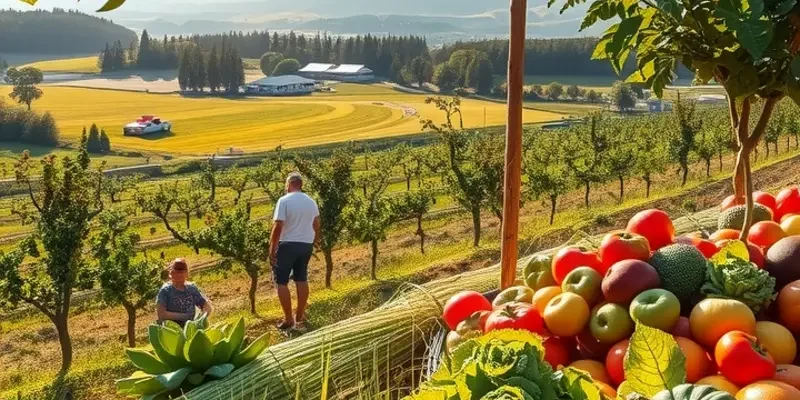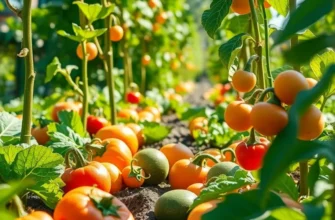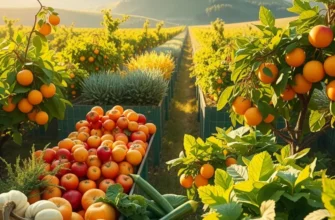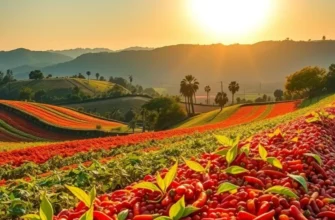Throughout history, olive oil has played a pivotal role in various cultures, symbolizing not only nourishment but also community and tradition. This golden elixir, pressed from olives and rich in flavor, serves as a culinary cornerstone in Mediterranean countries, while also making its mark in cuisine far beyond. Understanding its significance reveals stories of heritage, craftsmanship, and a love for the land that is deeply rooted in global food traditions.
Olive Oil’s Mediterranean Roots: A Culinary Tradition
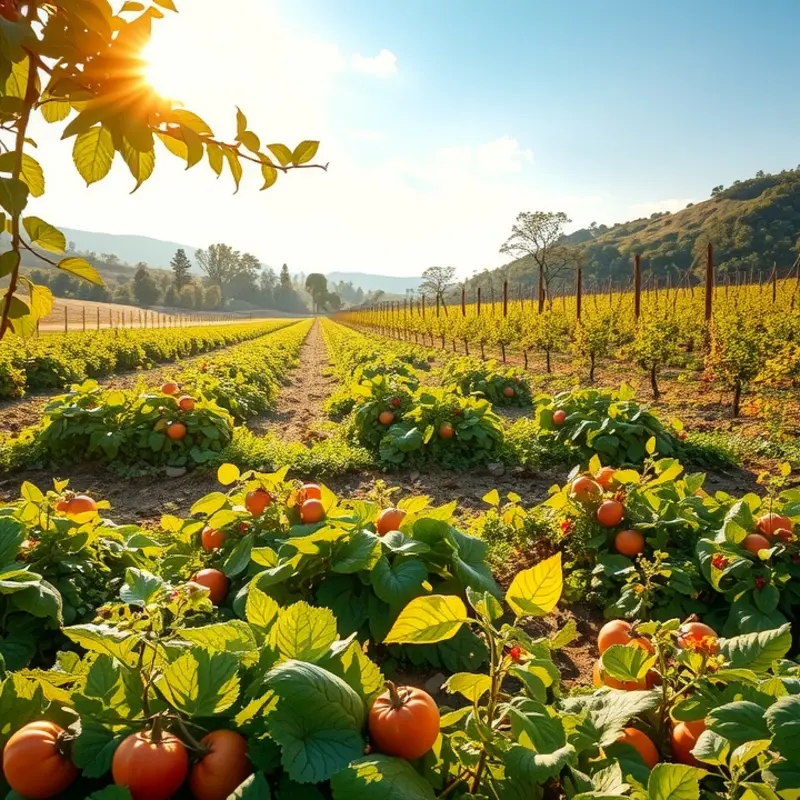
In the heart of Mediterranean cuisine, olive oil claims a sacred and versatile role. It is not merely a cooking ingredient but a cornerstone of cultural identity, weaving through culinary styles and agricultural practices learned over millennia.
From the ancient groves of Greece and the sun-kissed orchards of Italy, the legacy of olive oil runs deep. Historically, the olive tree was more than a food source; it was a symbol of peace and prosperity. In Greek mythology, it is believed that the goddess Athena gifted the olive tree to the city of Athens, and it was regarded as an invaluable treasure. Thus, its cultivation and production became a revered practice, signifying both sustenance and sanctity.
Mediterranean cooking seamlessly incorporates olive oil, harmonizing with its natural surroundings. It serves as a base for almost every dish—from the humble bread dip to the complex sauces in pastas and stews. This integration showcases olive oil’s ability to enhance flavors while maintaining a nutritional profile celebrated for its health benefits. Olive oil’s fatty acids and antioxidants are applauded for supporting heart health and reducing inflammation. For those interested in expanding their culinary knowledge with a focus on healthy ingredients, easy plant-based eating may serve as a complementary resource.
The diversity of olives results in a vast range of oils, each with unique flavor profiles and aromas. The peppery kick of a Tuscan extra virgin stands distinct from the mild, buttery notes of a Spanish variety. This wide array allows culinary expression to reflect regional tastes and traditions, creating a mosaic of flavors throughout the Mediterranean.
Olive oil production remains a ritual that harks back to ancient days. Traditional methods still play a role, with families passing down secret techniques from one generation to the next. Harvests are celebrated events, where communities gather together, picking olives by hand followed by careful pressing methods that respect the fruit’s integrity. This process not only ensures quality but also cultivates a sense of pride and connection to the land.
Olive oil tastings, akin to wine tastings, have become cultural symbols. These tastings, often accompanied by local bread or simple salads, allow individuals to appreciate oil’s nuanced flavors. In these communities, everyone’s palate is a passport to the past, where history and tradition blend with sensory exploration.
Ultimately, the role of olive oil in Mediterranean life represents a meeting point of practicality and heritage. It is a testament to the region’s enduring relations with its environment, finding the perfect blend between sustenance and culture. For this reason, every golden drop, whether drizzled over a dish or sipped thoughtfully, speaks volumes about centuries of culinary art and cultural pride.
Beyond Borders: Olive Oil in Global Cuisines
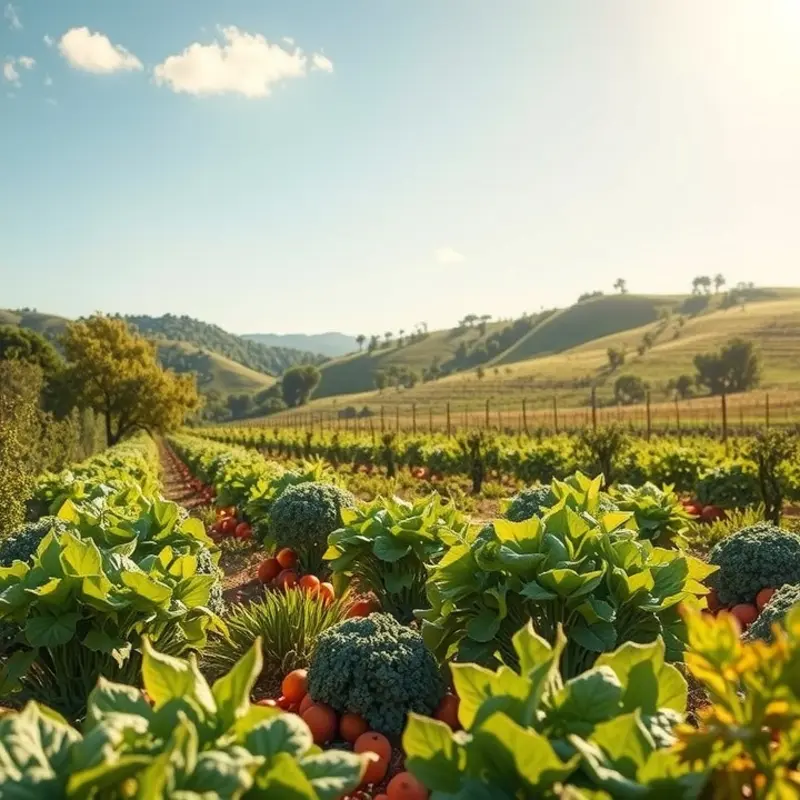
Olive oil, once limited to the pastoral lands of the Mediterranean, has ventured beyond its native borders to become an integral part of diverse global cuisines. Its exalted status in countries like Turkey and Morocco showcases its versatility and cultural adaptation, enriching culinary traditions far from its origins.
Turkey offers a fascinating blend of flavors where olive oil plays a critical role. In Turkish cuisine, olive oil is not only a cooking fat but also an essential component of meze. These small, flavorful dishes often include sweet peppers, eggplants, and zucchini, all harmoniously dressed in olive oil, enhancing their natural flavors. Turkish baklava, known for its buttery layers, sometimes uses olive oil as a lighter alternative, lending a nuanced taste that complements the dessert’s sweetness.
In Morocco, olive oil is synonymous with heritage and hospitality. Locally produced, with a distinct, fruity profile, it finds its way into the heart of traditional dishes such as tagines. These slow-cooked stews, often flavored with saffron and ginger, rely on olive oil to blend the spices with meats or vegetables, creating a rich, aromatic experience. Olive oil is equally pivotal in the preparation of diverse salads, providing a refreshing counterbalance to the vibrant spice palette.
Even in Latin America, which boasts a variety of indigenous cooking oils like lard and coconut oil, olive oil has made its mark. In countries like Argentina and Chile, known for their culinary passion, olive oil is embraced for both its health benefits and its ability to elevate simple ingredients. Chimichurri sauce in Argentina exemplifies this adoption, where olive oil is used to marry parsley, garlic, and oregano for a robust sauce, perfect for accentuating grilled meats.
As olive oil transcends its geographic origins, different regions have developed unique production methods to suit local needs and tastes. Moroccan olive oil, appreciated for its slightly nutty flavor, tends to come from native olive varieties, processed with age-old techniques passed down through generations. Meanwhile, Turkey has seen a resurgence in boutique olive oil producers who prioritize quality and taste, often incorporating modern technology to refine traditional techniques.
Pairing olive oil with local ingredients highlights its transformative capacity. Its ability to complement and elevate other flavors makes it an indispensable ingredient in many global kitchens. Whether it’s the earthy warmth of spices in Moroccan stew or the fresh zestiness of a homemade chimichurri, olive oil acts as a bridge, connecting disparate taste profiles into a cohesive culinary narrative.
For those keen to explore the multifaceted world of olive oil, understanding its role in different cultures offers insight into broader culinary influences and practices. The interplay between traditional cooking methods and the adaptability of olive oil invites a deeper appreciation of its place in global cuisine.
For tips on how to enhance your dishes with natural flavor enhancers, consider exploring this resource. It offers valuable insights into enriching your cooking without relying on additional salt, echoing olive oil’s role as a flavor enhancer.
Final words
Olive oil is more than just an ingredient; it’s a bridge connecting cultures and histories. Its production, use, and celebration resonate through ancient rituals and modern kitchens alike. As food enthusiasts and culturally curious individuals explore cuisines worldwide, understanding the role of olive oil highlights the passion and artistry involved in culinary traditions. Whether drizzled over fresh bread, used in flavorful dishes, or simply enjoyed on its own, olive oil represents a richness that brings communities together, telling stories from field to table.

